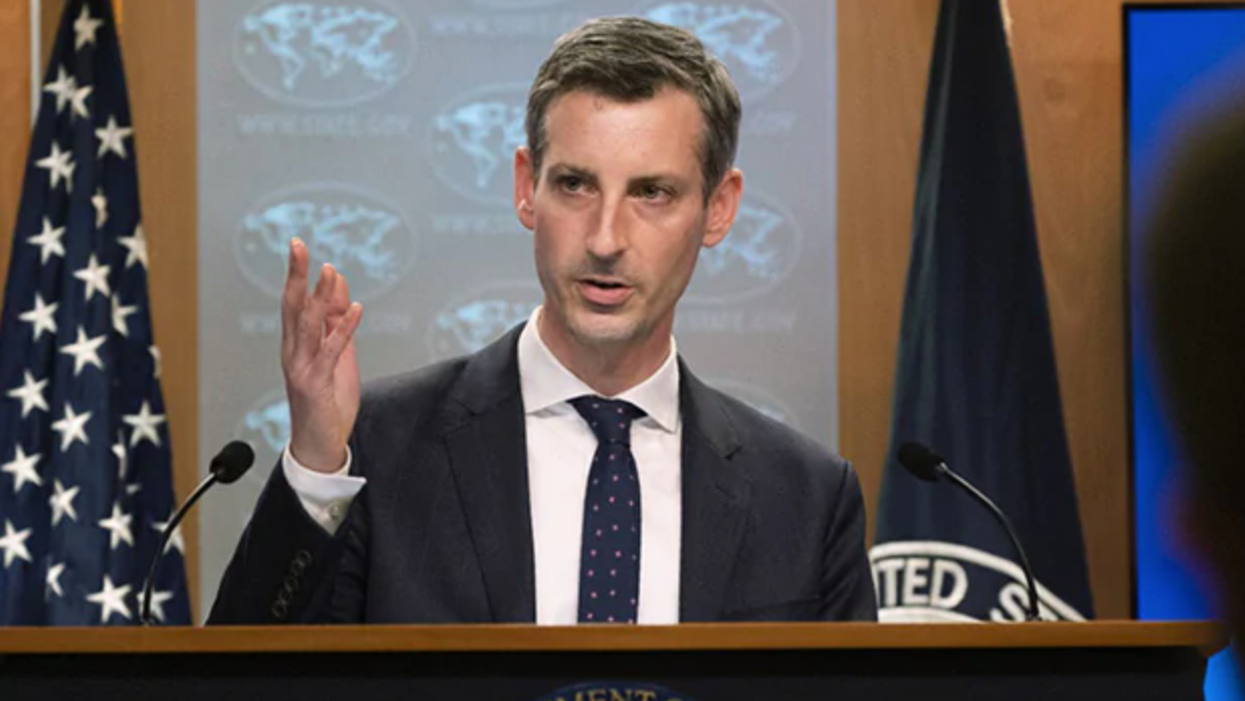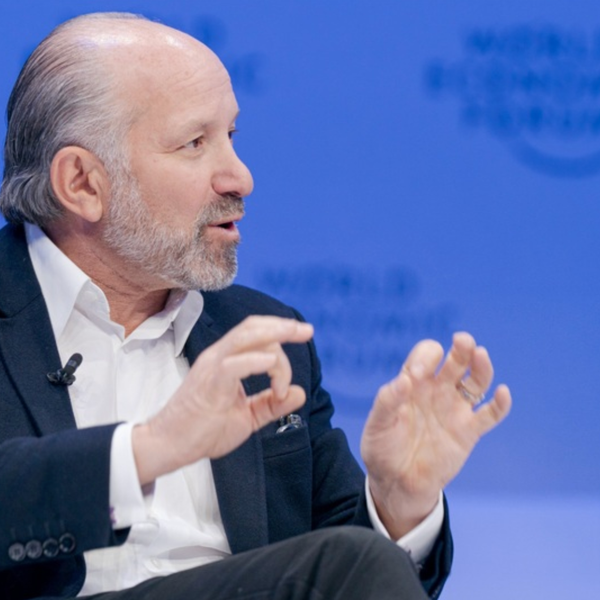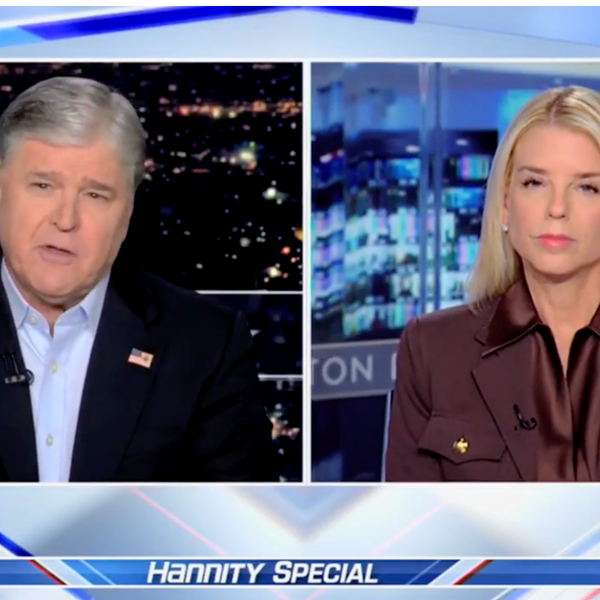Why Did Beltway Press Trust Trump's War Intel, But Not Biden's?

Ned Price
The Biden administration got it right.
The unfolding Ukraine crisis has been a clear victory for U.S. intelligence. The decision to rapidly declassify secret intelligence effectively blunted Russian President Vladimir Putin’s plans to use disinformation and lies as instruments of war. It also helped President Joe Biden bolster NATO allies during the run-up to the invasion.
What’s curious is that weeks ago the Beltway press angrily brayed at the White House, suggesting they were cooking up wild claims about Russia and not producing the intelligence to back up the allegations. Yet just years earlier, the same press corps raised no such concerns when the Trump White House engaged in baseless claims about a cooked-up foreign policy crisis.
The idea that journalists should always question authority, especially when the issue is war, remains a sound and important one. The question is, why did journalists aggressively press Biden officials about war intel but give the Trump team a total pass? Why does the D.C. press have two different standards when dealing with Democratic and Republican administrations?
Last month when the U.S said intelligence suggested Russia was planning a “false flag operation” with propaganda videos to justify an invasion, indignant reporters in gotcha mode demanded to know where the administration got that idea, even though Putin has a long history of doing exactly that.
“This is like Alex Jones territory you’re getting into,” complained Associated Press reporter Matt Lee, who got into a heated, five-minute, viral back-and-forth with State Department spokesman Ned Price, as the reporter ridiculed the administration’s position. “What evidence do you have to support the idea that there is some propaganda film in the making?”
Price explained that it was based on intelligence that had been declassified in real time as part of the administration’s information warfare campaign against Russia.
The AP, among others, responded by attacking the White House’s “lack of transparency.” It claimed, “Biden promised to restore truth in Washington after defeating Trump, but trust appears to be in short supply one year after taking office.” The clear implication was that because an AP reporter did not trust the White House, neither did the country.
“When the U.S. government makes a claim, it’s a reporter’s job to ask for evidence. History has taught the destruction that can be wrought when reporters don’t,” wrote Sebastian Murdock at HuffPost. He made the direct connection to the media’s bungled reporting during the run-up to the Iraq War which parroted administration talking points, suggesting the Biden White House’s information campaign this winter to stop a war in the Ukraine was the same as the Bush White House information campaign to start one in Iraq. That makes no sense.
It turns out virtually everything the Biden administration said about Russia’s plans for Ukraine has been accurate, including warnings about an imminent land invasion and the use of phony “false flag” videos. The same cannot be said for Trump era justifications. But back then, the press didn’t care.
In January 2020, Trump approved the drone killing of Iranian commander Qasem Soleimani. Administration officials told reporters the assassination was carried out in order to fend off vague looming threats against American troops in the region. Why those threats would disappear simply because Soleimani was killed, the administration never explained.
There was no documentation. There was no intel report, no photo surveillance, and no intercepted communications to give the attack context. It was the Trump White House, which lied about everything, making a hollow claim to cover for an unauthorized military strike. And the press ran with all of it. Instead of angry, five-minute showdowns with administration spokesmen and women demanding evidence for the attack, journalists simply typed up whatever the Trump team said about the raid.
CNN certainly didn’t question the paper-thin justification. Instead, it stressed that Trump, who was “wary of war,” had been “defiant” on the day the kill order was given, and seemed to “be freshly aware of the gravity of his role and the power he wields.” Perhaps most importantly, the raid represented an “immediate victory” for Trump, according to CNN. (Later, sources within the intel community conceded that the rationale Trump had used for the drone killing was a joke.)
That wasn’t the only time the press eagerly issued Trump a pass on war-related intel. In 2019, he invented a foreign policy crisis, which the press politely played along with. After Iran downed an unmanned U.S. drone, Trump blustered for days about possibly dropping bombs on Iran in response. When Trump didn’t attack a country of 80 million people, the press practically did backflips touting Trump’s leadership.
"Lawmakers in the room watched as the weight of his duties as commander-in-chief bore down on him, lives hanging in the balance," CNN breathlessly reported. "That cautious mindset would hang over Trump's deliberations throughout the day as he huddled several times with his national security team." The Washington Post newsroom cheered that Trump had avoided "a potentially devastating new crisis in the Middle East," while the New York Times stressed Trump "navigated his way through one of the most consequential foreign policy decisions of his presidency."
All of this for a made-up crisis — Trump might bomb Iran! — for which the administration provided zero intelligence to support. News outlets didn’t care. They loved the storyline of a “consequential” Trump.
It makes no sense for the press to hold the Biden White House to a higher intel standard than the Trump one. Especially when the GOP lied about everything.
Reprinted with permission from PressRun








